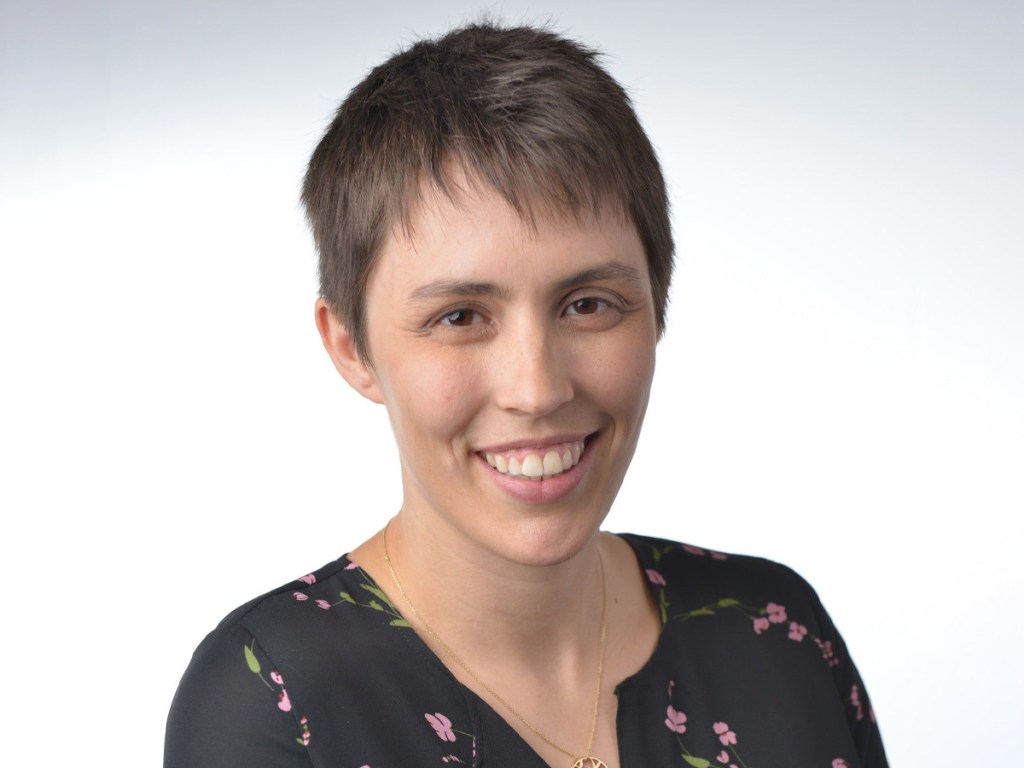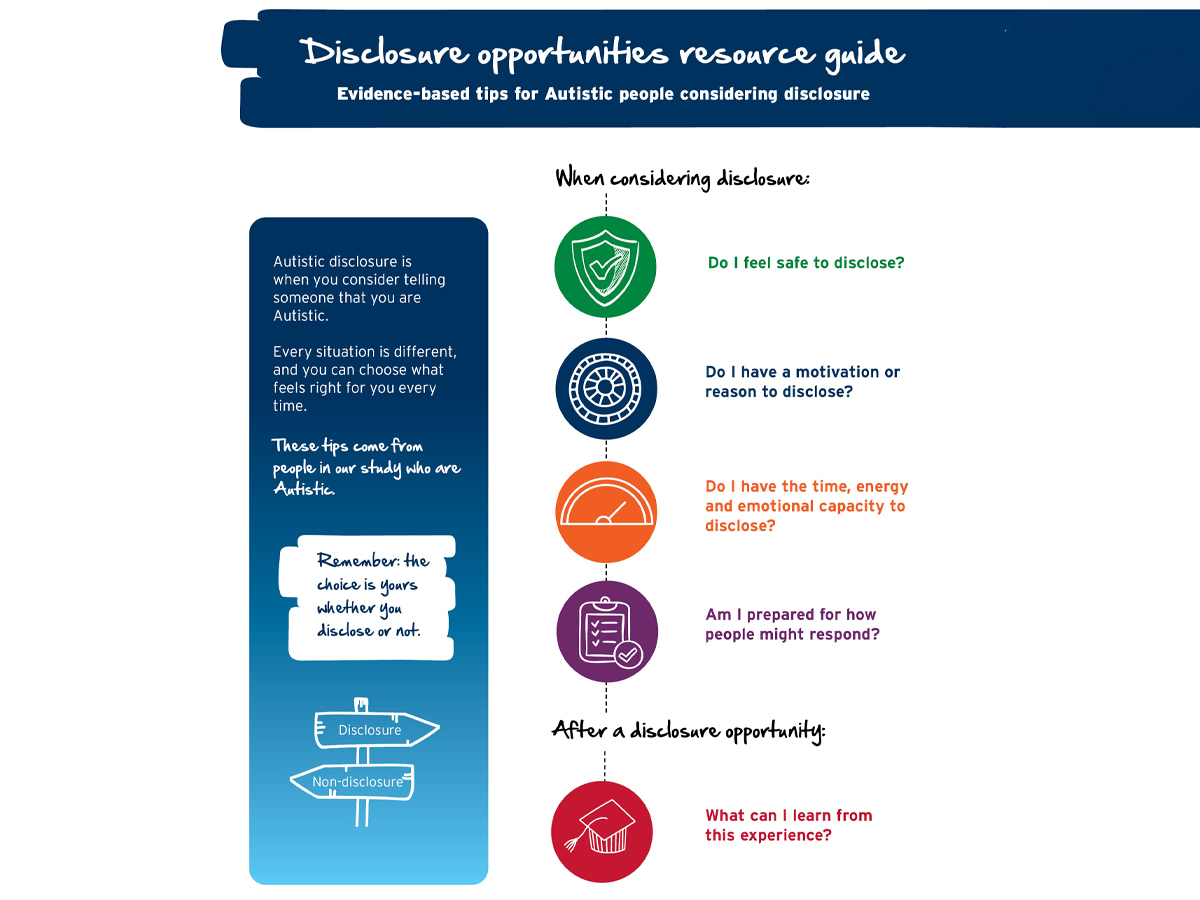New Australian research has revealed that people with autism are reluctant to disclose they are autistic due to the complexities involved.
Conducted by autistic and non-autistic researchers, the research study followed a group of autistic adults over a two-month period to understand their motivations for disclosing they are autistic and the experiences they encountered.
Developed and conducted by the Aspect Research Centre for Autism Practice (ARCAP), it showed the most common place for disclosure for autistic adults was the workplace (31%), although disclosure experiences happened in education settings (11%), retail (6%), community (21%), home (11%) and healthcare (9%).
The study documented 231 disclosure opportunities (disclosure and non-disclosure) in a range of day-to-day settings, recorded by participants, aged 21 to 71, via a specially designed smart-phone app.
The research also examined why and how autistic people choose to disclose, the reactions they experienced and the environments that are more conducive to disclosure.
ARCAP lead researcher, Dr Abigail Love, pictured, said using the app allowed participants to record their experiences immediately after disclosure opportunities, while the encounter was fresh in their memories. “It enabled us to gather real-time and meaningful insights to develop evidence-informed resource guides to support autistic people in their disclosure experiences, along with helpful advice for colleagues, employers, friends, educators and family.”

The most common method of disclosure was during a face-to-face verbal conversation (43.3%). Least common were through email (3.5%), phone call (3.0%), text (3.0%) and a doctor’s letter (0.4%). Following disclosure, autistic adults were met with a range of reactions that were negative (shock, dismissed, not believed they were autistic), neutral (no reaction) and positive (liberated, accepted, celebrated, valued and curious to learn more).
In a connected study, the team also discovered a significant link between identity and disclosure.
“We found that if someone feels that their autistic identity is highly important in their life, they were also more likely to disclose within their social groups. Also, autistic disclosure was more likely for individuals who place a high importance on their sexual identity,” Love said.
A volunteer participant in the study, Sarah AlKamraikhi, agreed that a lot of factors go into the decision to disclose. “Most of the time disclosure felt quite complex, really stressful and a bit scary,” she said.
“The times when I did disclose, I often felt compelled to educate as well, and it can be difficult to know how much to share. I want the freedom to be honest and be my authentic self, but I don’t always know how other people will react. The opportunity to participate in research that will help both autistic people and the community around us create more positive exposure experiences is extremely rewarding,” she said.
Following this study two disclosure guides have been developed containing practical advice for both autistic adults and non-autistic people to learn more. Go to: https://www.autismspectrum.org.au/about-autism/our-research/our-research-program/disclosure

